

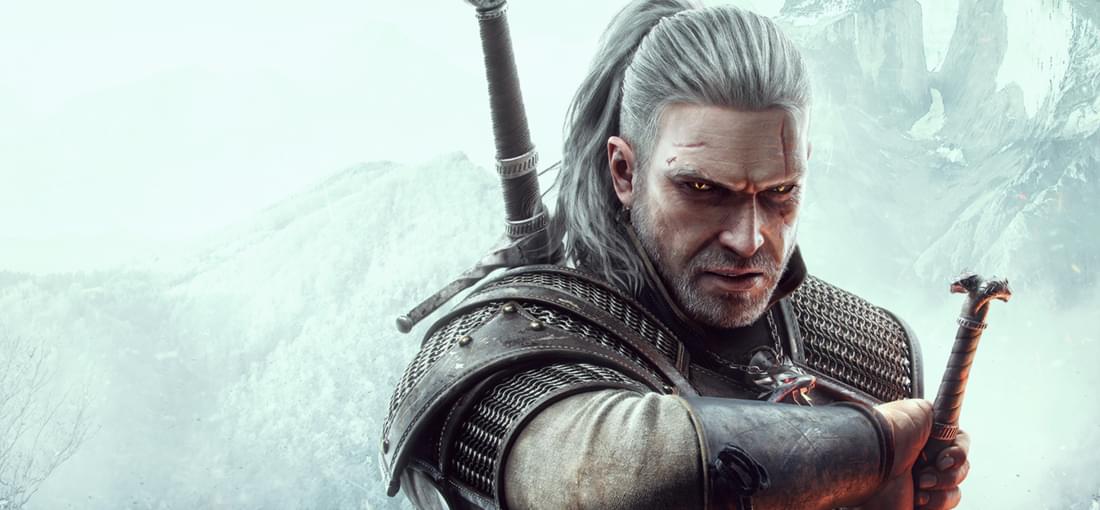
Man, Witcher 3. The writing - from the most perfunctory side character to the heroine/macguffin of the game - is profoundly resonant in its groundedness, and the open-world is actually worth exploring, as there's a story around literally most corners. It's often a story worth giving a crap about too (see my previous comment about the writing quality)! Newcomers to the series may be a little lost, but the game does a fantastic job of bringing one up to speed.
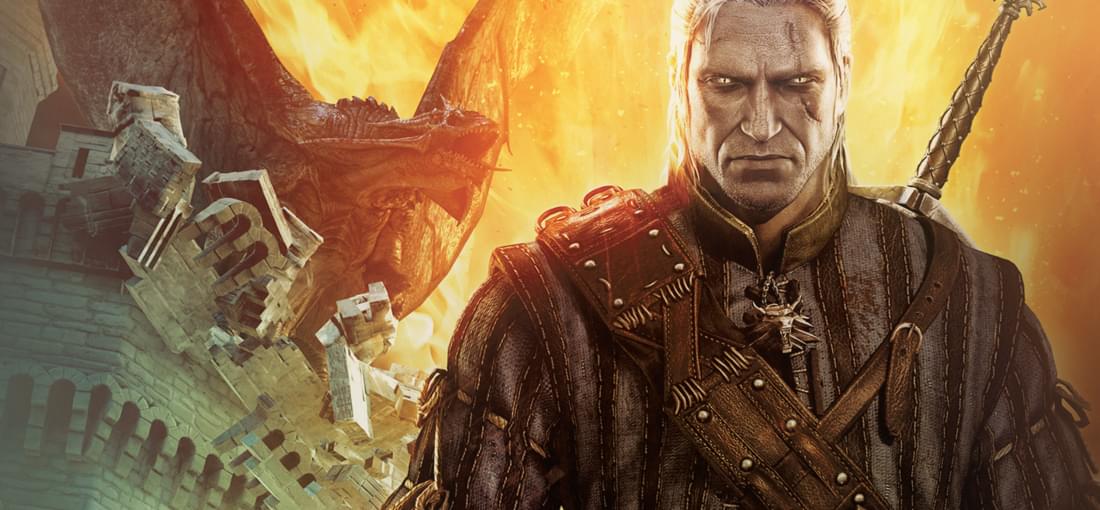
A chief quality of Witcher 2 is its ability to communicate the nature of its setting so effectively; it's essentially similar in tone to Grimm's but with a couple more ounces of realism. What make the journey into W2 worthwhile are its characters; all deeply-nuanced and incredibly memorable. The Souls-style combat comes as more clunky than homage, but is suitable enough to entertain for the length of the game. Don't forget your potions!
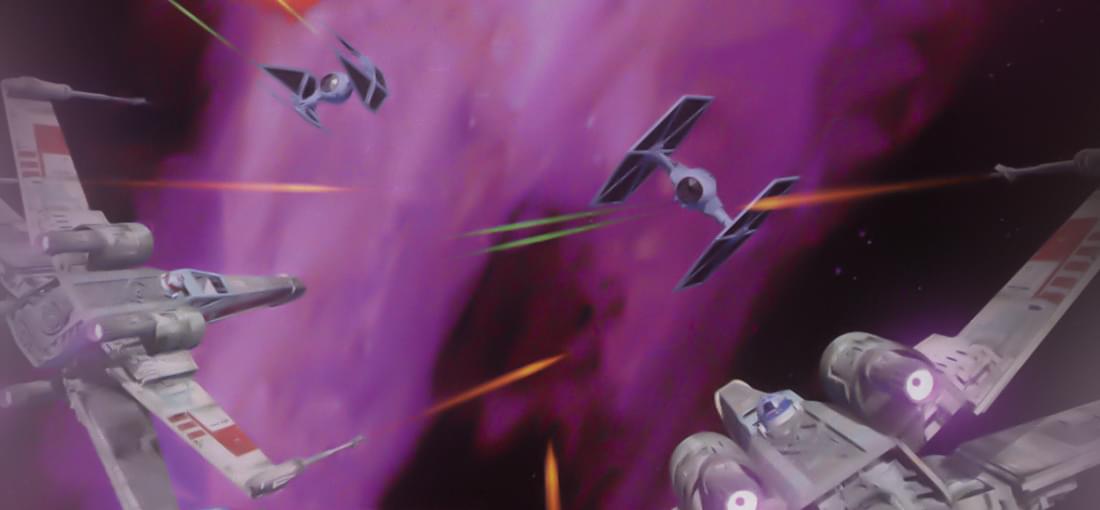
Strangely enough, X-Wing had somewhat more of a lasting impact on me than TIE Fighter did; it may be because I had some memorably close calls (you have not lived until you have had to take on a gunboat with no charge in lasers or shields and only 1 torpedo) as opposed to the latter game's constant insta-death. It may also be tied to a special playlist I'd set up specifically for my last playthrough called "Star Wars Flight Music?". In any case, X-Wing is worth playing.
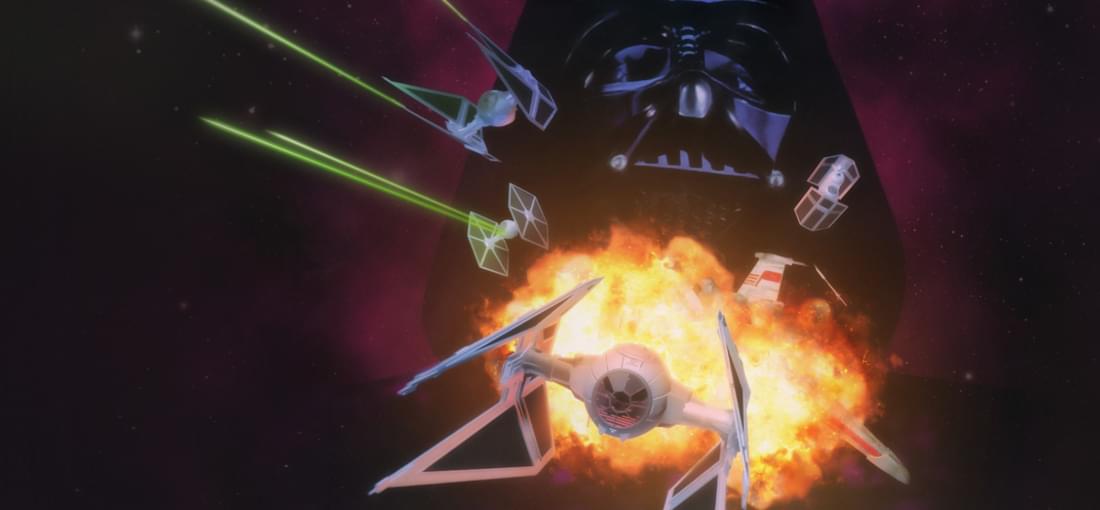
TIE Fighter is generally known to be one of the best, if the best, space simulation games; I personally can agree with a lot of that consensus (especially in term of story and flight mechanics). There's an added degree of difficulty, though, due to the titular ship you end up flying a lot of the time. For me, this translated to a *lot* of mission retries, even on easy, and often not of my own fault; mid-air (mid-space?) collisions are a fact of life in this game. Still worth it.
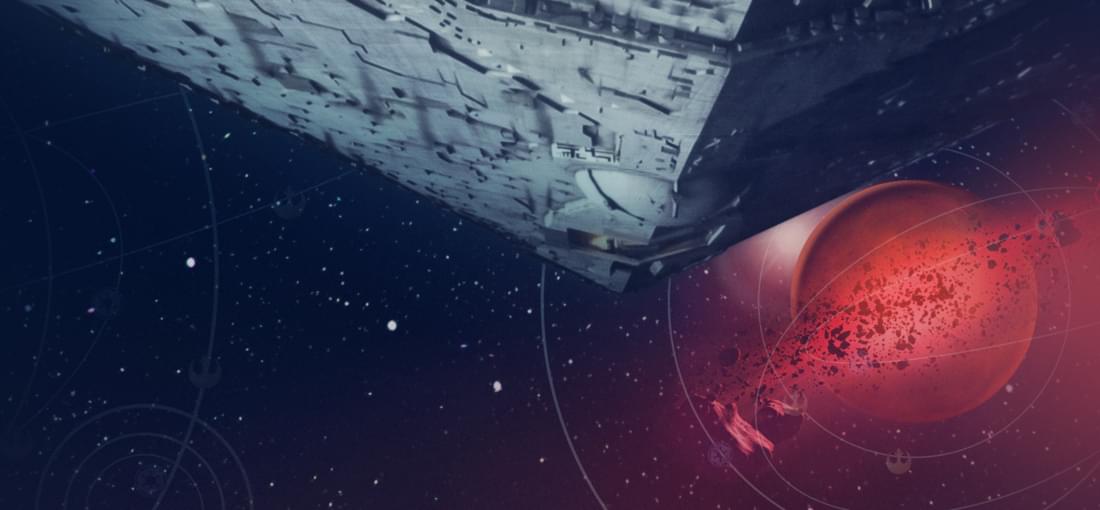
There's very little glamour in this game; most of it is played through status displays and menus, and what is there is slapdash on the verge of broken (ie, the space combat). What is significant about this strategy game is that it engages the imagination harder than nearly any other Star Wars game out there, as you command a variety of characters from the universe in accomplishing missions and tasks that have galactic ramifications. There's a magic in it that makes it worth playing.
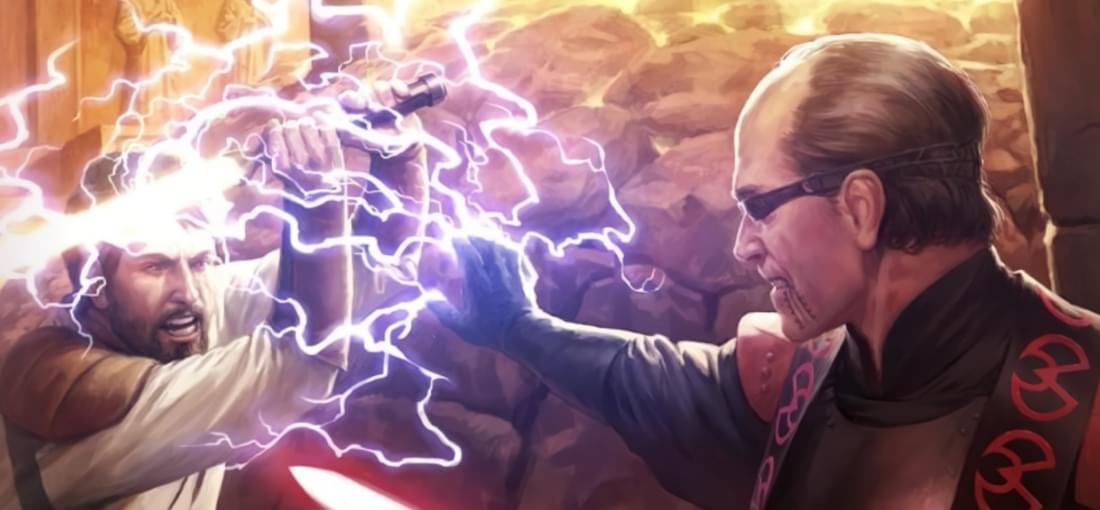
I basically submerged myself in this game as a kid; I knew every secret, every cheat code. I played all the user-made levels released on various fan sites (some which still exist to this day!) Overall, it's a great FPS, and integrates the saber and force powers into the core gameplay exceedingly well. It's some pretty classic Star Wars as well, so if you're a fan of the franchise, it's doubly important to check out.
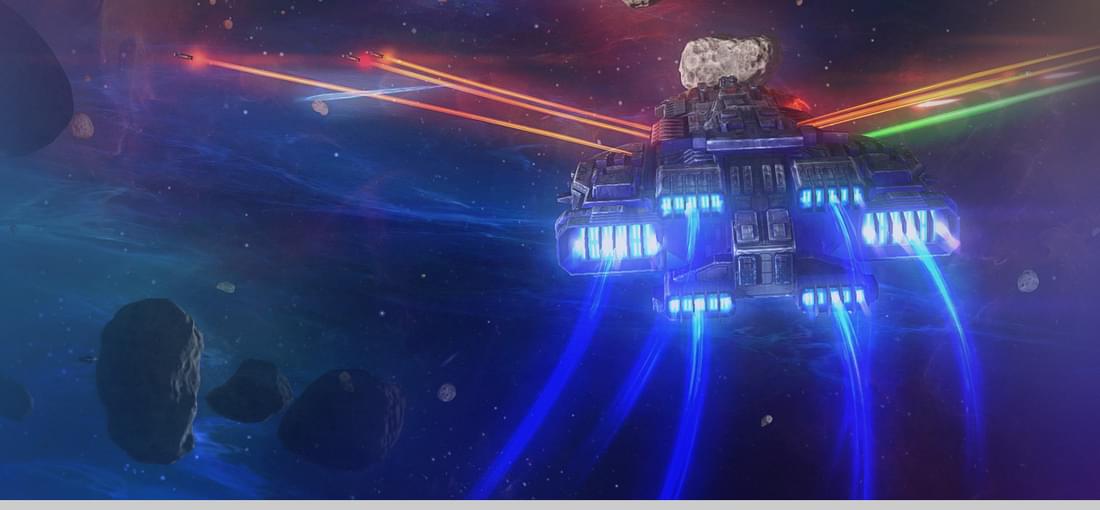
Taken at surface value, Rebel Galaxy should be excellent: A space shooter based around Assassin's-Creed-like ship combat and light trading mechanics. However, the limitations of the game's indie background become apparent early on; outside of the decent-but-bare-bones story, the gameplay flow is procedurally-generated, giving the game a generic vibe even before finishing the campaign. Don't get me wrong, it plays fantastically, I just wish there was more to the game world.
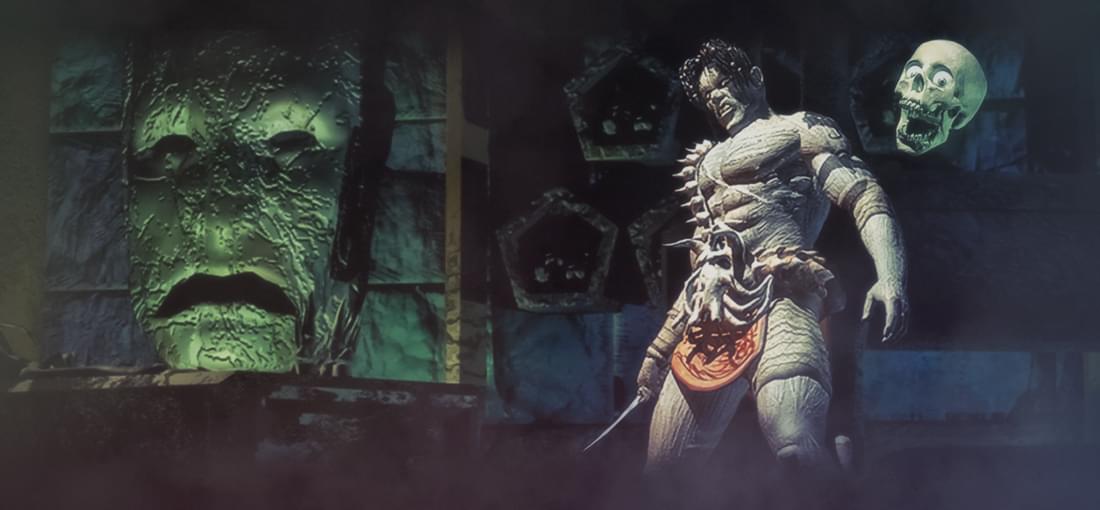
*though that comes with a few drawbacks; first off, forget about the combat, which has little-to-no actual depth to it. Quite a few potential combat scenarios can be avoided through talking it out though, so make sure (and this is ESSENTIAL) to put most of your skill points into Wisdom. Be ready for text dump upon text dump, and concepts far beyond conventional thought. This is Planescape: Torment.
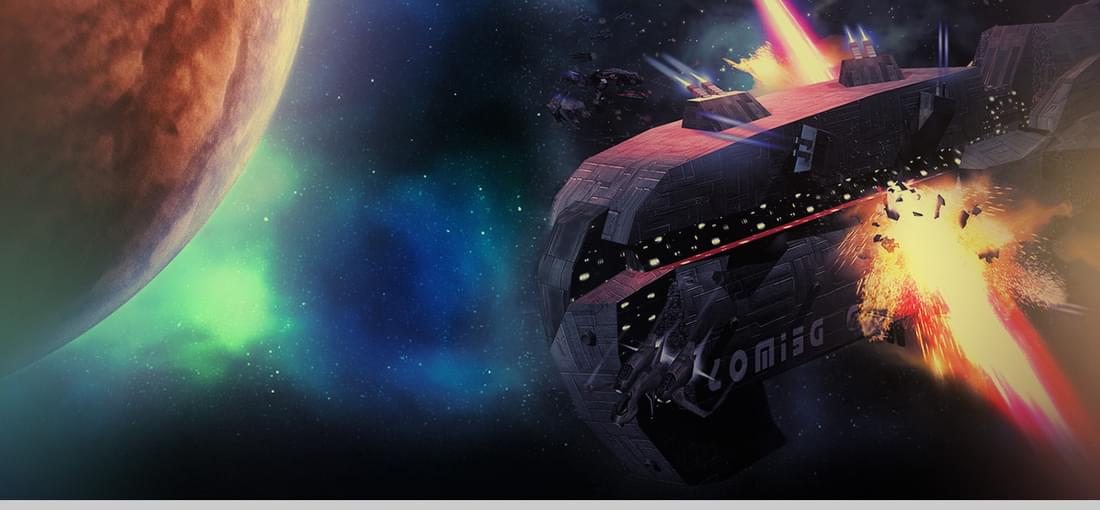
It's pretty funny that so little of my time with Freespace 2 was actually spent playing the stock campaign included with the game; this is thanks to the multitude of high quality user-made campaigns that have been released for the game since its source code became available to the community. This isn't to say that the core game isn't worth playing; it is, and the space-sim mechanics are second only to the X-Wing games.